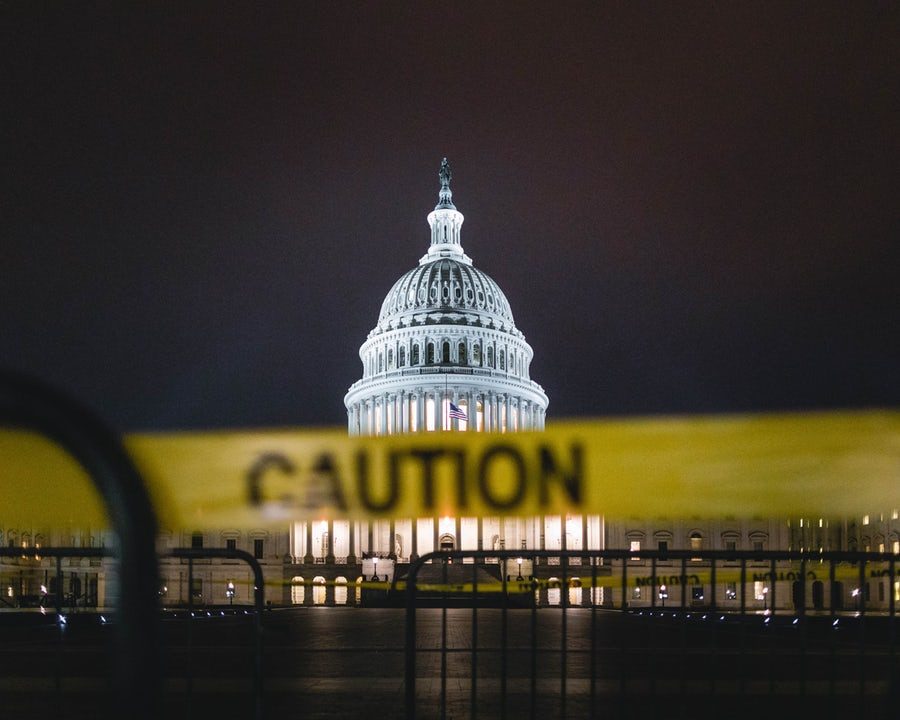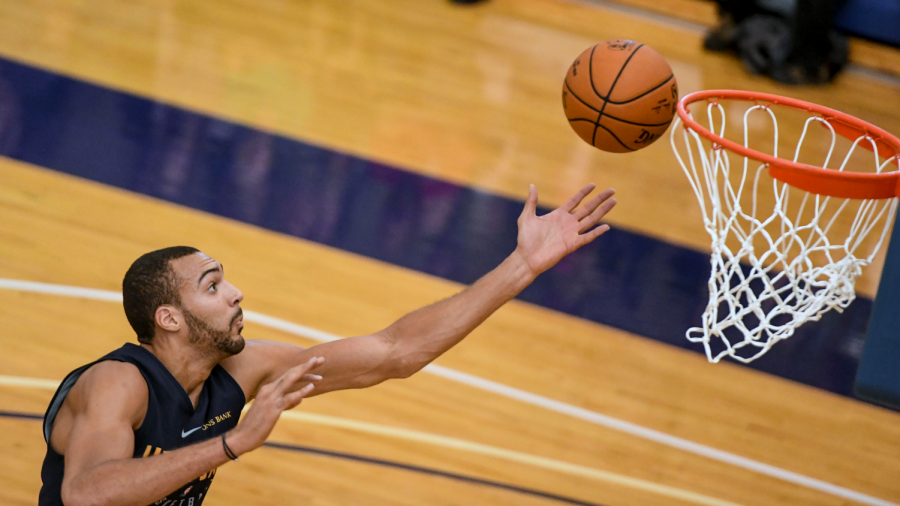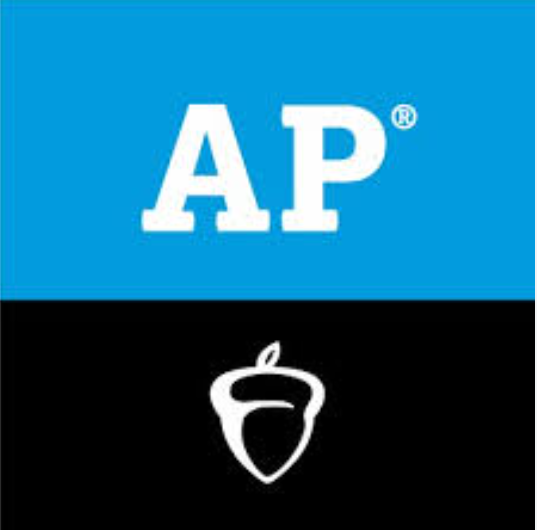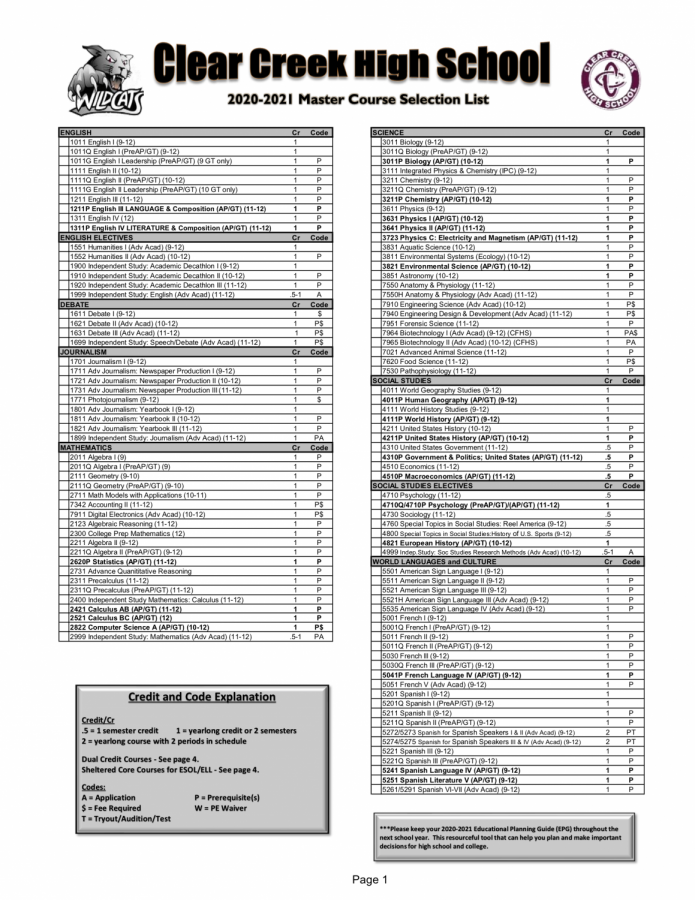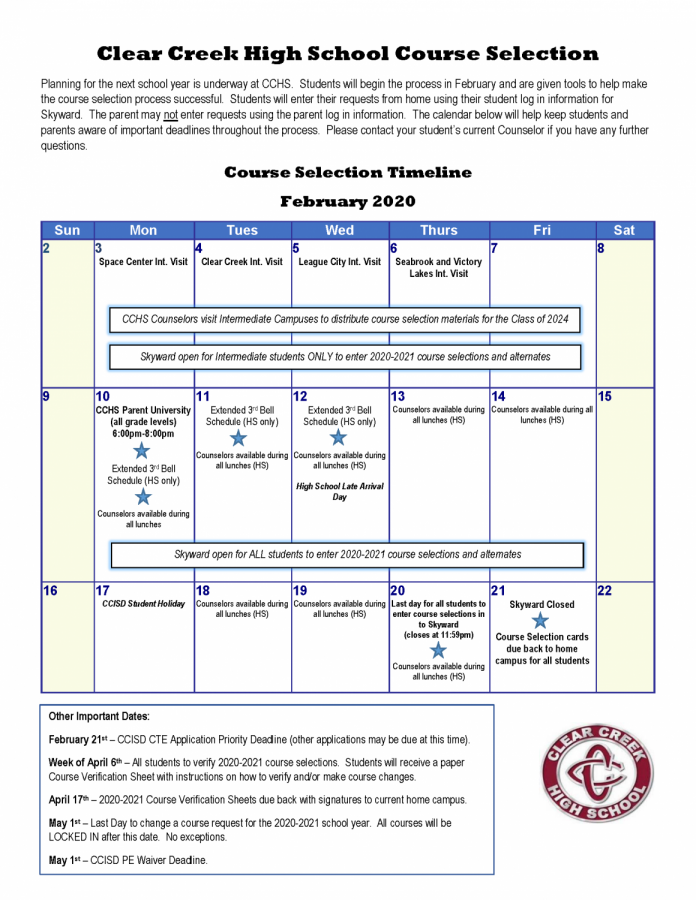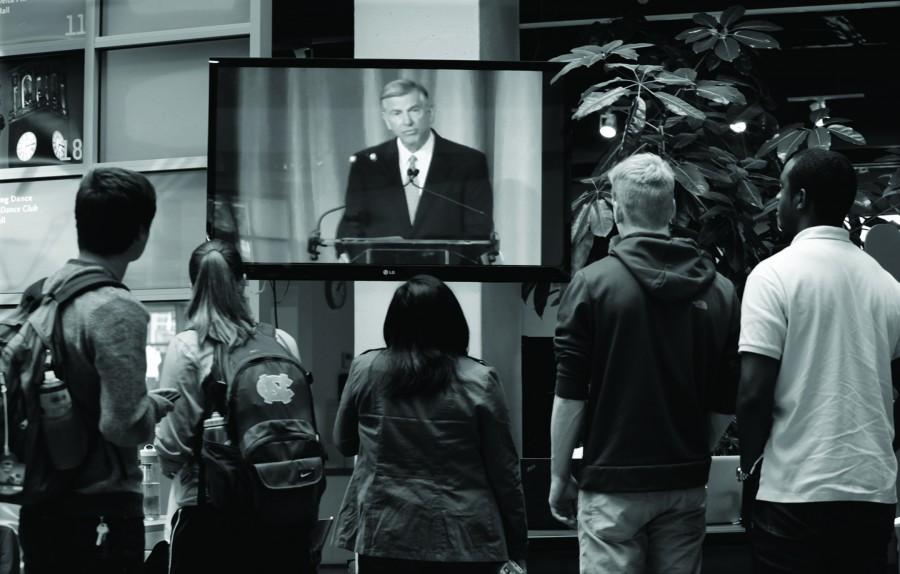Academic fraud investigated at UNC Chapel Hill
January 13, 2015
For nearly 18 years, students at the University of North Carolina at Chapel Hill, most of them student-athletes, took fake “paper classes” to in order to remain eligible, according to an independent report released on October 22. Kenneth Wainstein, a former federal prosecutor, was hired by UNC to independently investigate the fraud and conducted an eight-month investigation into the scandal that has plagued the school for more than five years. It has been revealed that at least 3,100 students enrolled in paper classes, however that number is probably “very short of the true number”, according to the report.
“These counselors saw the paper classes and the artificially high grades they yielded as key to helping some student-athletes remain eligible,” Wainstein wrote in his report.
Four employees have been fired and five more disciplined, with one having their honorary status removed, according to Chancellor Carol Folt. For the first time, UNC admitted that the fraud went further than academics and involved its athletes, too. Gerald Gurney, president of the Drake Group, whose mission is “to defend academic integrity in higher education from the corrosive aspects of commercialized college sports,” said the report should provide reason for the NCAA to issue one of its most serious charges, of lack of institutional control, against UNC.
“I can safely say that the scope of the 20-year UNC fraud scandal easily takes the prize for the largest and most nefarious scandal in the history of NCAA enforcement. The depth and breadth of the scheme — involving counselors, coaches, academic administrators, faculty, athletic administrators, etc. — eclipses any previous case,” Gurney said.
The coaches at UNC played perhaps the most significant role in the investigation. John Bunting, a former head football coach at UNC, said he knew the paper classes existed and actually more students enrolled in the classes during his time as head coach. Butch Davis, the next head coach, admitted he knew something was going on. Current men’s basketball coach Roy Williams continues to profess he did not know anything about the classes, and less basketball players enrolled in them during his time as coach. The report could have major implications for the school’s past athletic success – meaning three national championships in college basketball (1993, 2005, 2009) and countless other wins across a large variety of sports could be in jeopardy.
In the past, UNC has blamed department chair of African-American studies, Julius Nyang’oro as the sole perpetrator in the scandal, but the report revealed that many others were actually involved as well – some more so than him. The report revealed that his assistant, Debbie Crowder, was the one that actually created paper classes out of her sympathy for players who were not the “best and the brightest”, then convinced Nyang’oro to go along with her plan. As a huge UNC sports fanatic, Crowder was known to be a lax grader who gave high grades regardless of the paper. Other counselors would often tell her what grade a student needed to be eligible to play. Nyang’oro played a less direct role, at first just holding legitimate study classes, where he was often accused of being too hard on the students. Crowder then created the first paper class, naming Nyang’oro as the instructor even though she was the one sending out paper topics and giving grades and assigning fake meeting times. The report states that it is not clear whether or not Crowder ever got Nyang’oro’s permission to start the classes, but he did learn about them and did nothing to stop them. Nyang’oro was charged with fraud for accepting money for classes he didn’t teach, but the charges were later dropped when he cooperated with Wainstein’s investigation.
Mary Willingham named many staff members that knew the fraud that was occurring. She said she believes it took six years for the scandal to be fully revealed because, “this is the flagship of the university system and of the state, and to admit we did anything wrong was too difficult. There is a level of arrogance here, and that’s part of the culture.”
It is very unlikely that any of the former students that were enrolled in paper classes will have their degree taken away from them, according to Belle Wheelan, president of the Sothern Association of Colleges and Schools.
“UNC has to verify every degree they give all the time. We ask them to make sure all courses really are legitimate,” Wheelan said. “All we can do … is put them on sanction for lack of integrity. As far as taking those degrees back, there’s nothing we can do.”






